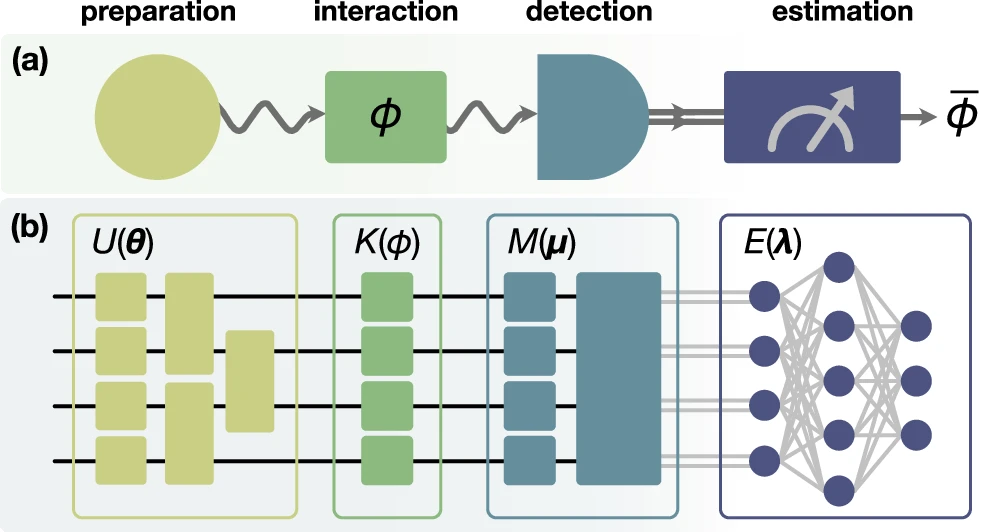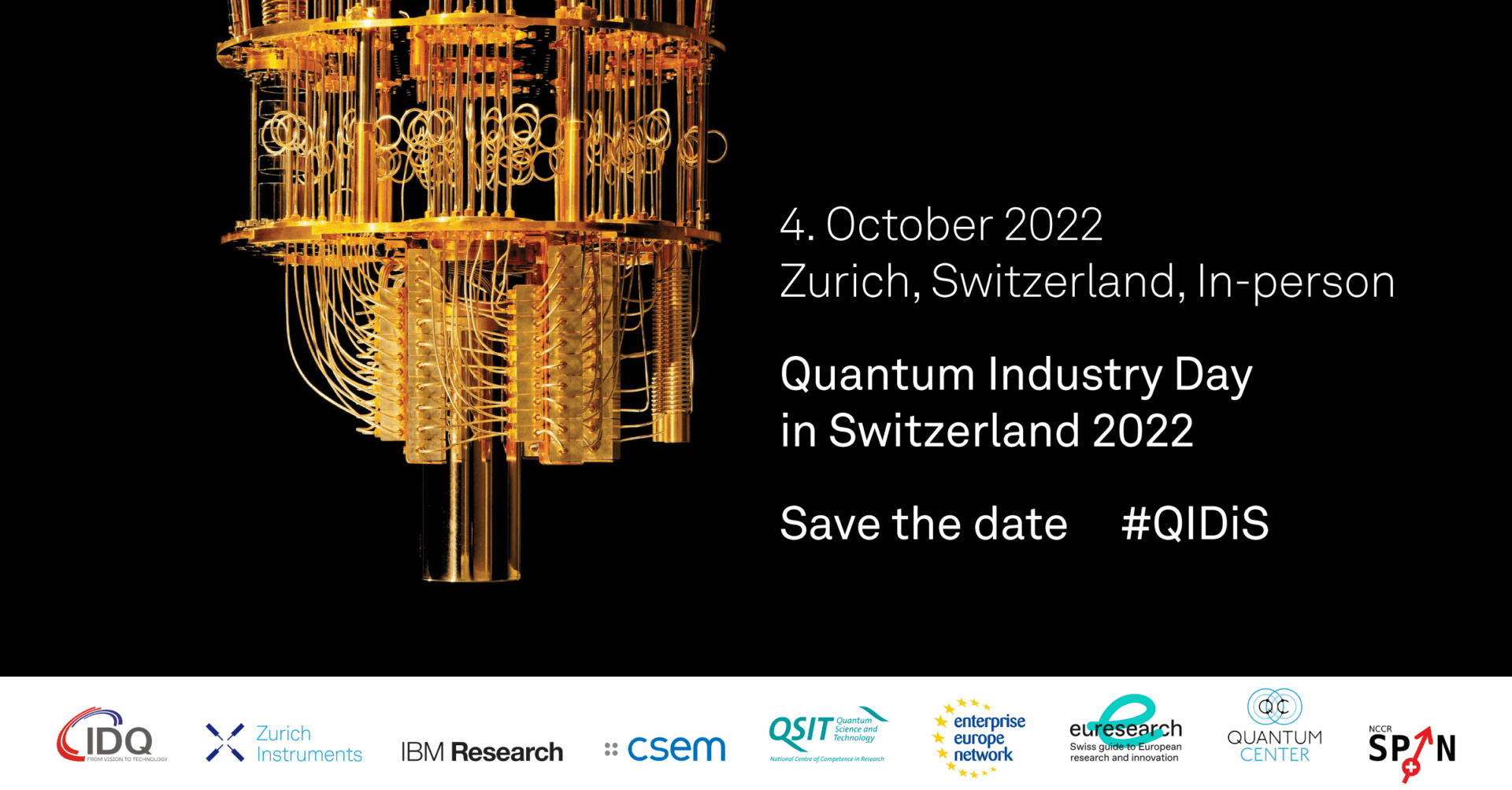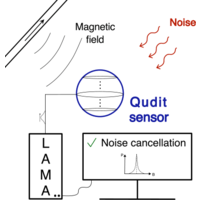npj Quantum Information, Published online: 19 November 2024; doi:10.1038/s41534-024-00914-w
Harnessing quantum correlations can enable sensing beyond classical precision limits, with the realization of such sensors poised for transformative impacts across science and engineering.
Real devices, however, face the accumulated impacts of noise and architecture constraints, making the design and success of practical quantum sensors challenging. Numerical and theoretical frameworks to optimize and analyze sensing protocols in their entirety are thus crucial for translating quantum advantage into widespread practice.
Researchers present an end-to-end variational framework for quantum sensing protocols, where parameterized quantum circuits and neural networks form trainable, adaptive models for quantum sensor dynamics and estimation, respectively.
The framework is general and can be adapted towards arbitrary qubit architectures, as they demonstrated with experimentally-relevant ansätze for trapped-ion and photonic systems, and enabled to directly quantify the impacts that noise and finite data sampling.
End-to-end variational approaches can thus underpin powerful design and analysis tools for practical quantum sensing advantage.



